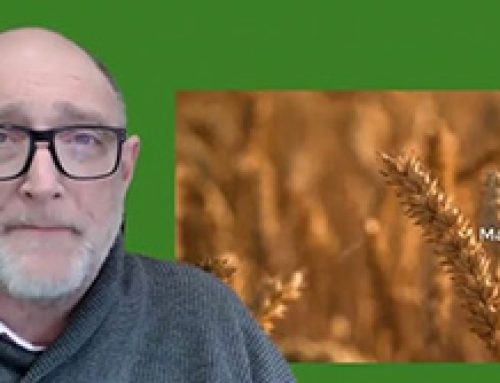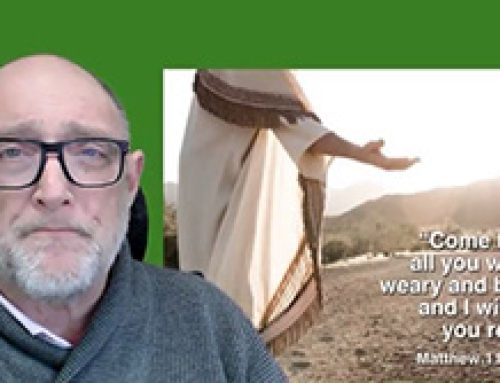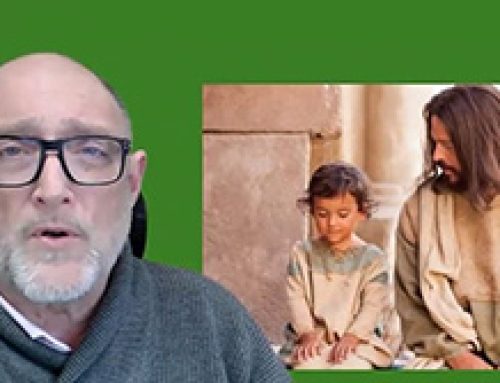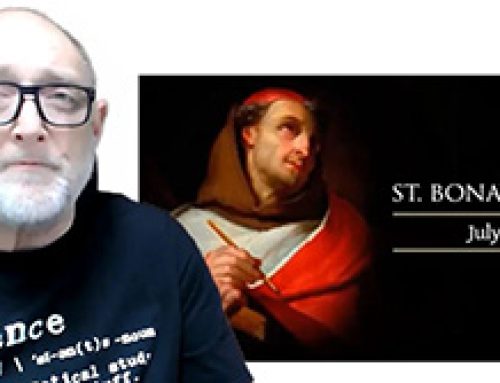Today, as we celebrate the lives of the Korean saints, Fr Paul reads from the Gospel of Luke (8: 19-21) in which Jesus declares ‘my mother and brothers are those who hear the word of God and put it into practice’. Fr Paul says, for centuries, Korea was closed to all outside influences, and all contact with foreigners was forbidden. No missionaries went there. Nevertheless, a number of laymen sought to find out all that they could about the outside world. Some books about Christianity fell into their hands, and they were converted. Because of the secrecy involved, it is impossible to date the origin of Christianity in Korea with any precision: it may have started in the early 17th century, but the first known baptism is that of Ni-Seoung-Houn, who was baptized under the name of Peter when he visited Peking in 1784. The first known martyrs are Paul Youn and James Kouen, who in 1791 refused to offer sacrifice on the death of their relatives. Over the next century, over ten thousand Korean Christians were executed, with great cruelty; and many others perished. For most of this period the Church in Korea had no priests and was an entirely lay movement. In 1794 the first priest to visit Korea, a Chinese, found a community of 4,000 Catholics who had never seen a priest. He was executed in 1801. Two further Chinese priests, sent at the request of the Korean Church, had a similarly brief ministry. Some thirty years later, at the request of the Korean Catholics, Pope Leo XII established the Prefecture Apostolic of Korea, and a new missionary phase began. The first of these missionaries, a French priest from the Paris Foreign Mission Society, entered the country in 1836 and was beheaded three years later. Many others followed. Andrew Kim Taegǒn, the first Korean priest, was secretly trained in Macao. He entered Korea in 1845 and was executed in 1846, together with his father. A lay apostle, St Paul Chong Hasang, and many others perished at the same time. A further major persecution occurred in 1866. In all, 103 of the Korean martyrs are celebrated today: they are mostly lay men and women: some married, some not; some old, some young, some even children. Fr Paul concludes with the words of Pope John Paul II at the canonization of the Korean Martyrs – “The Korean Church is unique because it was founded entirely by laypeople. This fledgling Church, so young and yet so strong in faith, withstood wave after wave of fierce persecution. Thus, in less than a century, it could boast of 10,000 martyrs. The death of these many martyrs became the leaven of the Church and led to today’s splendid flowering of the Church in Korea. Even today their undying spirit sustains the Christians of the Church of Silence in the north of this tragically divided land.” So today Fr Paul invites us to pray ‘Korean Saints and martyrs, Pray for us!






Leave A Comment